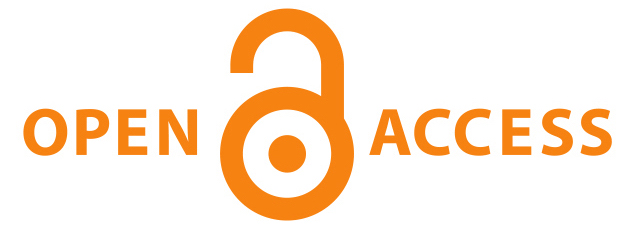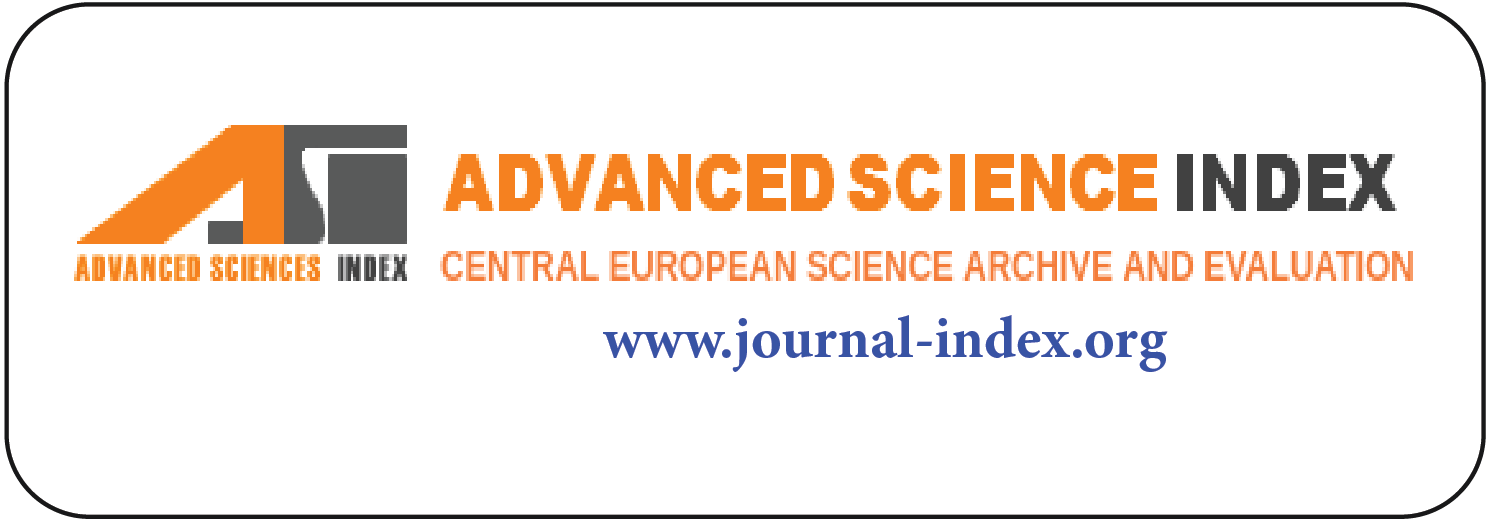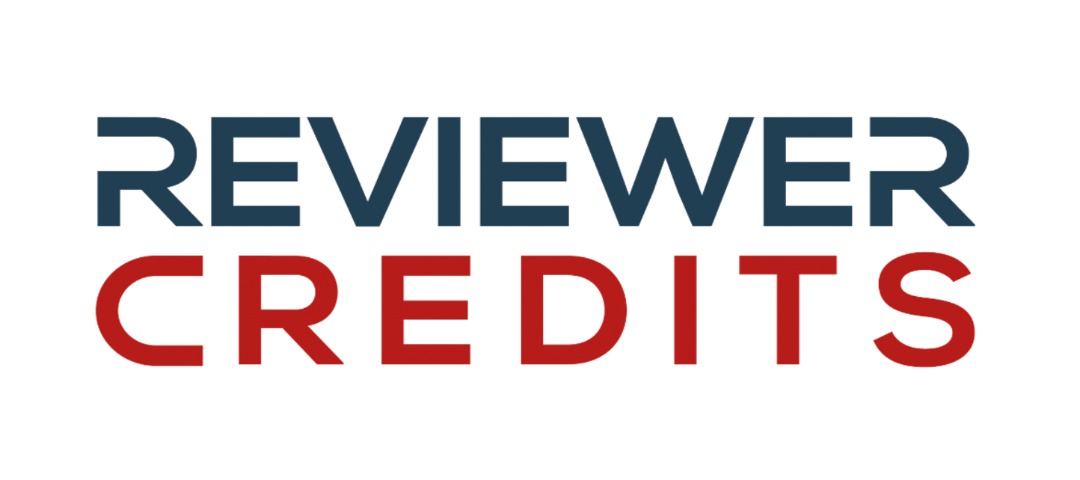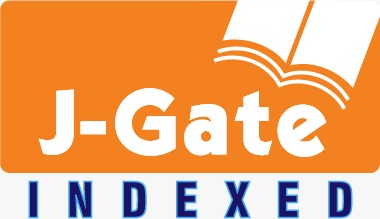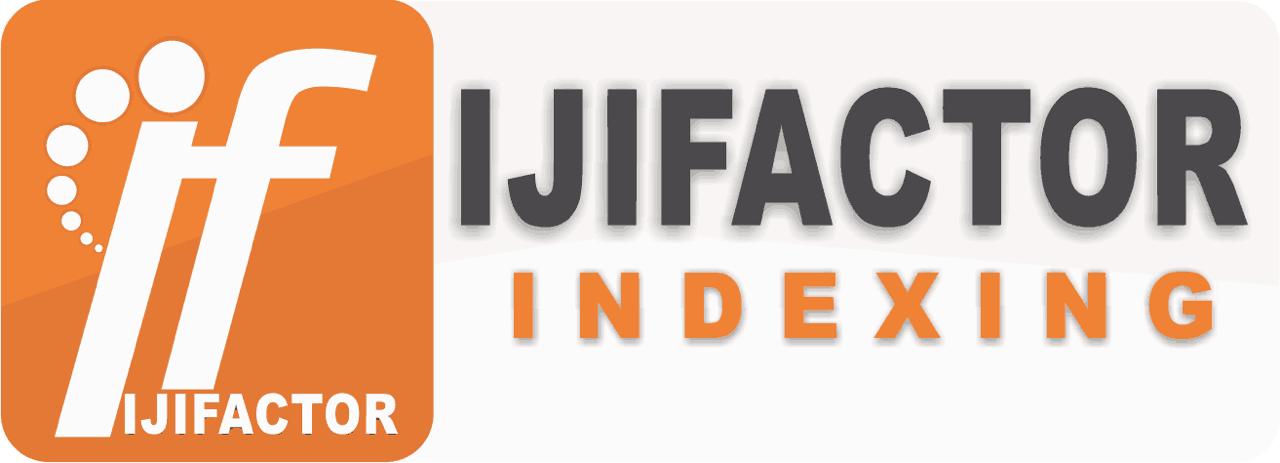Examining the Current Status and Strategies of Job-Course Integration for Preschool Education Majors in Higher Vocational Colleges under the Employment-First Strategy
DOI:
https://doi.org/10.56868/jadhur.v4i1.265Keywords:
Preschool Education, Vocational Training, Job-Course Integration, Skill Gaps, China, Mixed-Methods ResearchAbstract
This study examines the job-course integration for preschool education majors in higher vocational colleges under China’s employment-first strategy, aiming to identify skill gaps and propose curriculum reforms. The study used a mixed-methods approach and collected data through 610 surveys and 15 in-depth interviews with kindergarten principals, teachers, graduates, and current students. Quantitative findings revealed a high valuation of artistic skills (87.32% for dance, 86.43% for piano) yet significant underutilization in practice, particularly among in-service teachers (61.11% for piano application). Qualitative insights uncovered systemic gaps, including curriculum-workplace disconnects in classroom management and professional attitude deficiencies (89.68% of recruiters emphasized work ethic). The study highlights a paradox where graduates excel in technical skills during training but struggle with adaptive application in real classrooms. Key conclusions advocated enhancing practice-based learning, stronger mentorship models and integrated artistic pedagogy. The novelty lies in empirically quantifying the “skill attenuation phenomenon” while revealing hidden curriculum gaps in vocational training. Practical implications suggested restructuring internships to bridge theory-practice divides by embedding attitude development throughout the coursework. These findings contribute to the global vocational education discourse by contextualizing China’s preschool education challenges within broader workforce development strategies.
References
Adams, C., Kleinert, H., Sheppard-Jones, K., Corbin, A., & Bishop, M. (2017). A Statewide Community Conversation about Post-School Employment for Kentucky Youth with the Most Significant Disabilities. Research Brief. Fall 2017. Human Development Institute. https://files.eric.ed.gov/fulltext/ED590605.pdf
Afzal, M., Junejo, A., & Khoso, A. K. (2025). Bridging Instructional Excellence and Student Success: Exploring How Faculty Management Influences Academic Performance and Loyalty Through the Lens of Student Self-Efficacy. International Premier Journal of Languages & Literature, 3(1), 54-75. https://ipjll.com/ipjll/index.php/journal/article/view/46
Armstrong, D., & Davies, P. (1995). The transition from school to adulthood: aspiration and careers advice for young adults with learning and adjustment difficulties. British journal of special education, 22(2), 70-75.https://doi.org/10.1111/j.1467-8578.1995.tb01326.x
Baghus, A., Giroldi, E., Timmerman, A., Schmitz, E., Erkan, F., Röhlinger, D., ... & van der Weijden, T. (2022). Identifying residents' educational needs to optimizing postgraduate medical education about shared decision-making. Patient Education and Counseling, 105(10), 3086-3095. https://doi.org/10.1016/j.pec.2022.06.016
Bernacki, K., Keister, A., Sapiro, N., Joo, J. S., & Mattle, L. (2021). Impact of COVID-19 on patient and healthcare professional attitudes, beliefs, and behaviors toward the healthcare system and on the dynamics of the healthcare pathway. BMC Health Services Research, 21, 1-9.https://doi.org/10.1186/s12913-021-07237-y
Bishop, M. D. (2020). An Investigation of the Post-Graduation Outcomes of High School Students Completing an Early Childhood Education Career and Technical Program. The Florida State University.
Brent, B., Kennedy-Lizotte, R., & Fay, M. L. (2018). Support Coordination Strategies That Impact Employment Outcomes and Services for Individuals Served by State Intellectual/Developmental Disabilities Agencies. Bringing Employment First to Scale, Issue No. 17. Institute for Community Inclusion. https://files.eric.ed.gov/fulltext/ED598298.pdf
Bruce, J. C., Schmollgruber, S., & Baumann, J. (2018). Intercountry master's degree in nursing: policy implications for the Mozambican health system. International nursing review, 65(3), 425-433. https://doi.org/10.1111/inr.12439
Butterworth, J., Christensen, J., & Flippo, K. (2017). Partnerships in employment: Building strong coalitions to facilitate systems change for youth and young adults. Journal of Vocational Rehabilitation, 47(3), 265-276.https://doi.org/10.3233/JVR-170901
Carlisle, S., Zaki, K., Ahmed, M., Dixey, L., & McLoughlin, E. (2021). The imperative to address sustainability skills gaps in tourism in Wales. Sustainability, 13(3), 1161. https://doi.org/10.3390/su13031161
Chaudhery, D. N. (2011). Reducing malnutrition: An analysis of the Integrated Child Development Services (ICDS) scheme. Public Health Nutrition in Developing Countries, 1154-1194.
Christianson, S. L. (2021). Creating and Using a Career Development Course to Prepare Life Science Students for Career Decision Making (Doctoral dissertation, Arizona State University).
Dehos, F. T., & Paul, M. (2023). The effects of after-school programs on maternal employment. Journal of Human Resources, 58(5), 1644-1678. https://doi.org/10.3368/jhr.58.5.0120-10651R1
Dukakis, K., & Bellm, D. (2006). Clearing a career path: Lessons from two communities in promoting higher education access for the early care and education workforce. https://cscce.berkeley.edu/clearing-a-career-path/
Dukakis, K., & Bellm, D. (2006). Promoting Higher Education Access for the Early Care and Education Workforce.
Faulkner, D., & Coates, E. A. (2013). Early childhood policy and practice in England: Twenty years of change. International Journal of Early Years Education, 21(2-3), 244-263. https://doi.org/10.1080/09669760.2013.832945
Fondahn, E., Burke, A. E., Padmore, J. S., & Ollendorff, A. T. (2021). Assessing for practice-based learning and improvement: distinguishing evidence-based practice from reflective learning. Journal of graduate medical education, 13(2s), 86-90.https://doi.org/10.4300/JGME-D-20-00847.1
Gilson, C. B., Thompson, C. G., Ingles, K. E., Stein, K. E., Wang, N., & Nygaard, M. A. (2021). The job coaching academy for transition educators: A preliminary evaluation. Career Development and Transition for Exceptional Individuals, 44(3), 148-160. https://doi.org/10.1177/2165143420958607
Han, S. (2024). Research on the Integration of Job, Course, Competition, and Certification in Early Childhood Education Programs in Vocational Colleges under the 1+ X Policy. International Journal of New Developments in Education, 6(10). http://doi.org/10.25236/IJNDE.2024.061040
He, L., & Deng, F. (2024). Exploration and Research on the Talent Training Model of Big Data Technology in the Perspective of New Quality Productivity. In 2024 14th International Conference on Information Technology in Medicine and Education (ITME) (248-253). IEEE. http://doi.org/10.1109/ITME63426.2024.00058.
Huish, C., Greenhalgh, C., Garrow, A., & Verma, A. (2023). Intercultural gaps in knowledge, skills and attitudes of public health professionals: a systematic review. Journal of Public Health, 45(Supplement_1), i35-i44. https://doi.org/10.1093/pubmed/fdac166
Hutchings, M., McLarnon, N., McDermott, J., Watson, A., Power, A., Anderson, E. S., & Owens, M. (2022). Practice-based learning and the impacts of COVID-19: doing it for real?. British Journal of Midwifery, 30(6), 333-344.https://doi.org/10.12968/bjom.2022.30.6.333
Marcus-Quinn, A., Krejtz, K., & Duarte, C. (2024). Transforming Media Accessibility in Europe: Digital Media, Education and City Space Accessibility Contexts (428). Springer Nature. https://doi.org/10.1007/978-3-031-60049-4
Kindelan, N. (2022). Facing the creative imperative. In STEM, theatre arts, and interdisciplinary integrative learning: Bridging the cultures, Cham: Springer International Publishing (211-241). https://doi.org/10.1007/978-3-031-08907-7_8.
Khoso, A. K., Honggang, W., & Darazi, M. A. (2025). Empowering creativity and engagement: The impact of generative artificial intelligence usage on Chinese EFL students' language learning experience. Computers in Human Behavior Reports, 18, 100627. https://doi.org/10.1016/j.chbr.2025.100627
Kostopoulos, K. (2022). Collaborative practice-based learning methods in architectural design and building technology education in a cross-cultural, cross-geographical environment. Journal of Architectural Engineering, 28(1), 05022001. https://doi.org/10.1061/(ASCE)AE.1943-5568.0000525
Kowalewska, H. (2017). Beyond the ‘train-first’/‘work-first’dichotomy: How welfare states help or hinder maternal employment. Journal of European Social Policy, 27(1), 3-24. https://doi.org/10.1177/0958928716673316
Li, J. B., & Yang, A. (2024). Group adjustment links employability and turnover intention among Hong Kong kindergarten teachers: A school-to-work transition study. Early Childhood Research Quarterly, 66 (191-198). https://doi.org/10.1016/j.ecresq.2023.10.011
Li, R., Zheng, H., Guo, H., & Zhang, L. (2024). Research on Academic Evaluation Methods of Self-study Exams from the Perspective of Military Vocational Education in the New Era. In Proceedings of the 3rd International Conference on Education, Language and Art (ICELA 2023). Springer Nature, 831 (210).
Lim, Y. H. (2020). Challenges and Tasks for Continuing Higher Education in Korea. Public and Social Research, 10(1), 165–189. http://doi.org/10.21286/jps.2020.02.10.1.165.
Mann, L., Chang, R., Chandrasekaran, S., Coddington, A., Daniel, S., Cook, E., ... & Smith, T. D. (2021). From problem-based learning to practice-based education: A framework for shaping future engineers. European Journal of Engineering Education, 46(1), 27-47. https://doi.org/10.1080/03043797.2019.1708867
Massey, C. C., Haughney, K. L., & Devine, S. M. (2023). The generalized impacts of systematic instruction strategy training on the instructional staff of a vocational training center. Journal of Vocational Rehabilitation, 59(3), 331-343. https://doi.org/10.3233/JVR-230049
Matysiak, A. (2009). Employment first, then childbearing: Women's strategy in post-socialist Poland. Population studies, 63(3), 253-276.https://doi.org/10.1080/00324720903151100
Mingyuan, G. U., & Tingzhou, L. I. (2024). From a Major Country to a Leading Country in Basic Education: China's Experience and Paradigm Shift in Basic Education Reform and Development. Frontiers of Education in China, 19(4). http://doi.org/10.3868/s110-010-024-0026-1
Morley, C., & O’Bree, C. (2021). Critical reflection: An imperative skill for social work practice in neoliberal organizations?. Social sciences, 10(3), 97. https://doi.org/10.3390/socsci10030097
Nguyen, V. T. T. (2022). Vietnamese teachers' Attitudes and difficulties towards communicative Language teaching in different teaching contexts: public schools and private English Centers (Doctoral dissertation, LCC tarptautinis universitetas.).
Orel, M., Mayerhoffer, M., Fratricova, J., Pilkova, A., Starnawska, M., & Horvath, D. (2022). Coworking spaces as talent hubs: The imperative for community building in the changing context of new work. Review of Managerial Science, 16(5), 1503-1531. https://doi.org/10.1007/s11846-021-00487-4
OECD. (2015). Skills strategy diagnostic report: Pakistan. OECD Publishing. https://doi.org/10.1787/9789264246973-en
Qureshi, S. P. (2021). Cultural historical activity theory for studying practice-based learning and change in medical education. Advances in Medical Education and Practice, 923-935.https://doi.org/10.2147/AMEP.S313250
Rouse-Wilson, R. D. (2024). A Descriptive Study of Student Perceptions Regarding College Curricular Content for Developing Project Management Workplace Skills (Doctoral dissertation, National University).
Safronova, T. (2023). Options for Youth with Disabilities: A Focus on Competitive Integrated Employment Limits. UDC/DCSL L. Rev., 26, 91.
Sannicandro, T., Parish, S. L., Fournier, S., Mitra, M., & Paiewonsky, M. (2018). Employment, income, and SSI effects of postsecondary education for people with intellectual disability. American Journal on Intellectual and Developmental Disabilities, 123(5), 412-425.https://doi.org/10.1352/1944-7558-123.5.412
Schober, P. S., & Spiess, C. K. (2015). Local day care quality and maternal employment: evidence from East and West Germany. Journal of Marriage and Family, 77(3), 712-729 .https://doi.org/10.1111/jomf.12180
Schröer, R. (2015). Employability versus capability: European strategies for young people. Facing Trajectories from School to Work: Towards a Capability-Friendly Youth Policy in Europe, Cham: Springer, 361-386. https://doi.org/10.1007/978-3-319-11436-1_12
Smith, T. J., Dillahunt-Aspillaga, C., & Kenney, C. (2015). Integrating customized employment practices within the vocational rehabilitation system. Journal of Vocational Rehabilitation, 42(3), 201-208.https://doi.org/10.3233/JVR-150740
Taylor, A., Nelson, J., O'Donnell, S., Davies, E., & Hillary, J. (2022). The Skills Imperative 2035: What Does the Literature Tell Us about Essential Skills Most Needed for Work? Working Paper 1. National Foundation for Educational Research.
Tucker, K., Feng, H., Gruman, C., & Crossen, L. (2017). Improving competitive integrated employment for youth and young adults with disabilities: Findings from an evaluation of eight Partnerships in Employment Systems Change Projects. Journal of Vocational Rehabilitation, 47(3), 277-294. https://doi.org/10.3233/JVR-170902
Vir, S. C. (2023). The Integrated Child Development Services (ICDS) Scheme. In Child, Adolescent and Woman Nutrition in India. Routledge, (455-514).
Westwood, S. (2022). Religious‐based negative attitudes towards LGBTQ people among healthcare, social care and social work students and professionals: A review of the international literature. Health & Social Care in the Community, 30(5), e1449-e1470. https://doi.org/10.1111/hsc.13812
Yuan, G., Fang, X., & Wang, A. (2024). The Construction of Food Chemistry and Analysis Curriculum under the Background of Job Course Competition and Certification. In 3rd International Conference on Education, Language and Art (ICELA 2023). Atlantis Press, (224-230).
Downloads
Published
How to Cite
Issue
Section
License
Copyright (c) 2025 Yao Yao

This work is licensed under a Creative Commons Attribution 4.0 International License.


